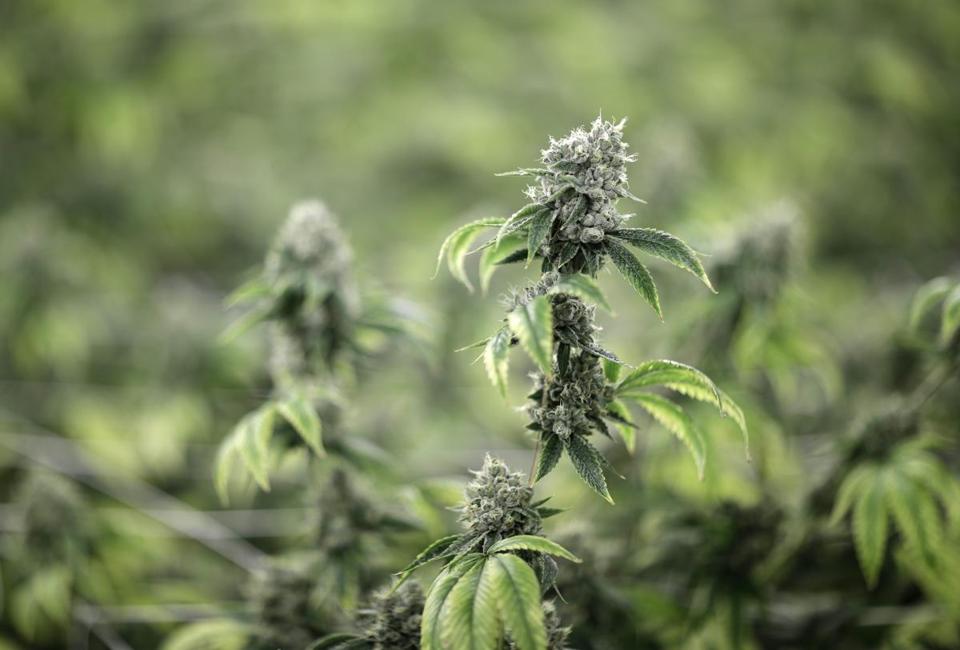A recently published study focused on traffic stops by police in Colorado and Washington found that states experienced a striking decrease in vehicle searches after cannabis legalization.
“After marijuana use was legalized, Colorado and Washington saw dramatic drops in search rates,” according to the study conducted by the Open Policing Project at Stanford University. Researchers believed that because the bulk of searches begin with drug-related suspicion, legalizing marijuana drastically lowered the overall number of searches by taking away the largest proponent of probable cause.
The study excludes searches that take place after an arrest, meaning the data centered on the decision-making of officers in traffic stop situations.
If this trend continues in other states that have legalized cannabis, it will be interesting to see how law enforcement divisions cope with the sudden blow to their search volume. For example, in Massachusetts, the changing legal climate surrounding cannabis is forcing the state to retire an entire generation of K-9 officers that can’t be untrained to detect the scent of marijuana.
For those at home wondering why traffic searches are problematic for individuals who have nothing to hide from law enforcement, be aware that your experience may not be representative of reality for others in this country. Lives are being lost in the United States as the result of police-led vehicle searches gone horribly wrong.
“I thought, I was gonna die,” Officer Jeronimo Yanez told investigators fifteen hours after fatally shooting Philando Castile in his car while Castile’s girlfriend and a small child surrounded him. “And I thought if he’s, if he has the, the guts and the audacity to smoke marijuana in front of the five-year-old girl and risk her lungs and risk her life by giving her secondhand smoke and the front seat passenger doing the same thing then what, what care does he give about me. And, I let off the rounds and then after the rounds were off, the little girls was screaming.”
While it was the presence of a firearm, albeit legally permitted, that escalated the situation between Officer Yanez and Philando Castile that fateful day, it was the detection of marijuana that drove the desire for a search that would turn up no drugs. In Minnesota, where this tragedy took place, medical marijuana patients can legally possess up to a 30-day supply of medicine. Even in an instance where the smell of cannabis is detected, there should still be a number of other questions asked by a law enforcement officer before triggering a full sweep.
While the total number of vehicle searches fell in Colorado and Washington during the timeframe of the Open Policing Project study, the racial disparity in the search volume stayed relatively consistent throughout. Black and Hispanic drivers are still far more likely to have their vehicle searched by law enforcement than a White motorist, even when the largest catalyst for searches is taken away. That displays a deeply-rooted culture of discrimination and prejudice among the entire judicial system, but money also plays a tremendous role in the problem.
Police departments routinely utilize seized assets to skirt traditional budgetary constraints and pay for new state-of-the-art equipment, overtime hours, and militarized training. A 2014 Washington Post investigation into property seizures by police revealed that United States law enforcement officers seized more than $1 billion in currency and assets from vehicles during stops in the decade between 2002 and 2012. Because the law states that the accused must prove they acquired the money or assets legally to regain ownership, many victims of seizure never see their property returned — even if police never ended up finding the contraband they were hunting for in the first place.
“In tight budget periods, and even in times of budget surpluses, using asset forfeiture dollars to purchase equipment and training to stay current with the ever-changing trends in crime fighting helps serve and protect the citizens,” said Julie Parker, spokeswoman for Prince George’s County Police Department in Maryland.
But Brad Cates, former director of asset forfeiture at the Department of Justice, isn’t buying it. Cates alleges that law enforcement is using property seizures as “a free floating slush fund.”
The Post’s investigation revealed that of over $2.5 billion accounted for in various spending reports by police departments, 81 percent were seized as part of cases for which charges were never filed. Since September 11, 2001, over 60,000 cash seizures have taken place on American highways without prior search warrants or indictments filed post-search.
Until our nation’s law enforcement can show that they will truly use roadside vehicle searches as a tool for public safety rather than a catalyst for discrimination and revenue generation, we will have to rely on marijuana reform to at least offset the volume of searches that occur.
“All of this is fundamentally at odds with the U.S. Constitution,” explained Cates. “All of this is at odds with the rights that Americans have.”
credit:marijuana.com











